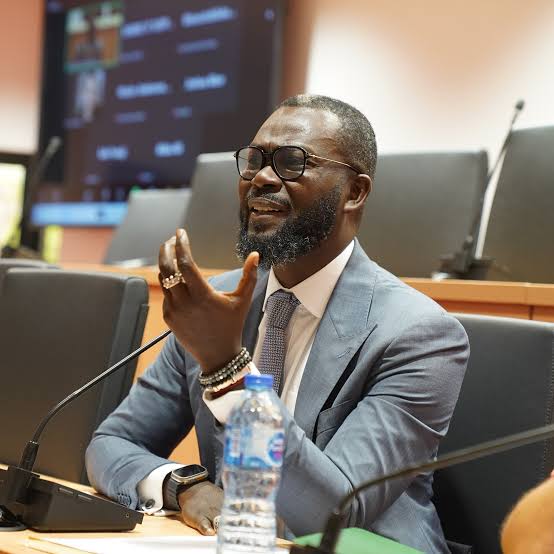By Ibironke Ariyo
The United Nations Office on Drugs and Crime (UNODC) says Nigeria is making progress in combating corruption, with more citizens rejecting the practice and demanding accountability.
UNODC Representative in the country, Mr. Cheikh Touré, speaking during the celebration of the International Anti-Corruption Day 2024 in Abuja on Tuesday, referred to a recent national survey on corruption that shows encouraging signs of progress.
The event was themed “Joining the Youth Against Corruption: Shaping Tomorrow’s Integrity.”
According to Touré, 70% of Nigerians, including young people, have refused to pay a bribe at least once, as reported by the UNODC National Corruption Investigation.
“Collective efforts have yielded tangible results: the rate of negative consequences for refusing to pay a bribe has dropped from 49% in 2019 to 38% in 2023.
Touré also noted a nearly threefold increase in formal prosecutions against corrupt officials, from 16% to 45% between 2019 and 2023.
“This is just a number; represents a growing culture of integrity and resistance to corruption.
“Furthermore, 42% of respondents refused to pay bribes simply because it was ‘the right thing to do’.
“This moral stance is the foundation on which we must build our anti-corruption efforts.
“We have also seen a significant increase in the willingness to report incidents of corruption. It more than doubles, from 3.6 in 2019 to 8.6 in 2023.
“This increase in civic responsibility is due, in part, to the increasing accessibility of reporting channels, including social media, websites and apps.”
Touré stressed that despite the positive developments, much more needs to be done and highlighted the need to promote greater integrity, transparency and accountability in the public sector.
He called for youth empowerment to be an integral part of the solution, citing Felipe Paullier, Deputy Secretary General for Youth, who noted that “corruption disproportionately affects young people.”
He said: “Our joint efforts are producing tangible results. The number of negative consequences related to refusal to pay a bribe has decreased.
“These figures show that our institutions are taking complaints more seriously and are more willing to follow up on them,” Touré added.
This reduces resources for education, health, social development and climate action, stifles creativity, limits employment opportunities and even affects fairness in sports and public life.
However, he expressed hope and said that young people are not only victims of corruption but also powerful agents of change.
He said: “In Nigeria and around the world, young people are organizing in their communities, promoting accountability and advocating for a contribution to ethics.
“They are natural innovators who are using new technologies like blockchain and artificial intelligence to increase transparency and fight corruption,” Touré added.
Touré called on policymakers, educators, civil society and the private sector to give young people a seat at the table, to hear their voices and involve them in the decisions that shape their future.
He encouraged young people to demand accountability, share their innovative solutions and lead by example in their communities.
The role of UNODC is not to fight corruption.
He stressed that this requires a collective effort by all stakeholders: women, young people, civil society organizations, the private sector and young people.
“Each of us has a crucial role to play,” he insisted.



